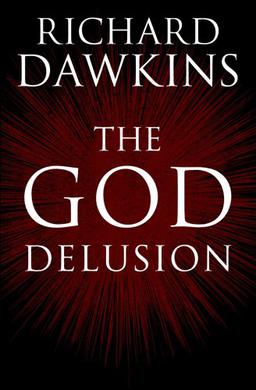Cascading Style Sheets: Designing for the Web (3rd Edition)
Bert Bos

Product Description :
Since 1996, CSS (Cascading Style Sheets) has been the standard language for describing the layout of Web pages. This classic, fully four-color book explains how to use the latest release of the CSS language, with clear and practical examples for each CSS language element. And more than just the "how," the book also explains the "why" behind the design of each CSS element, ensuring that readers have the understanding they need to create their own CSS libraries.The foreward is written by Jeffrey Zeldman, author of Designing with WebStandards and Taking Your Talent to the Web.
From the Back Cover :
In this updated edition to their original best-selling classic, the co-creators of CSS clearly, logically, and painlessly explain the hows and whys and ins and outs of the visual formatting language that is their gift to us. The Web would be a poorer place without Messieurs Bos and Lie. Your shelf will be richer for the addition of this book.
Rely on it. Study it. Savor it.
The Indispensible CSS Tutorial and Reference—Straight from the Creators of CSS
Direct from the creators of CSS, this is the definitive guide to CSS, today's indispensable standard for controlling the appearance of any Web or XML document. This book doesn't just show how to use every significant CSS 1 and 2.x feature; it carefully explains the "why" behind today's most valuable CSS design techniques. You'll find practical, downloadable examples throughout—along with essential browser support information and best practices for building high-impact pages and applications.
Cascading Style Sheets: Designing for the Web, Third Edition covers every CSS 2.1 improvement and fix, from new height/width definitions in absolutely positioned elements to new clip property calculations. Clear, readable, and thorough, it's the one must-have CSS resource for every Web developer, designer, and content provider. Coverage includes
Mastering essential CSS concepts: Rules, declarations, selectors, properties, and more
Working with type: From absolute/relative units to font size and weight
Understanding CSS objects: Box model, display properties, list styles, and more
Exercising total control over spacing and positioning
Specifying colors for borders and backgrounds
Managing printing: Margins, page breaks, and more
Implementing media-specific style sheets for audio rendering, handhelds, and other forms of presentation
Moving from HTML extensions to CSS: Five practical case studies
Making the most of cascading and inheritance
Using external style sheets and @import
Integrating CSS with XML documents
Optimizing the performance of CSS pages
Includes a handy CSS Quick Reference printed on the inside covers

